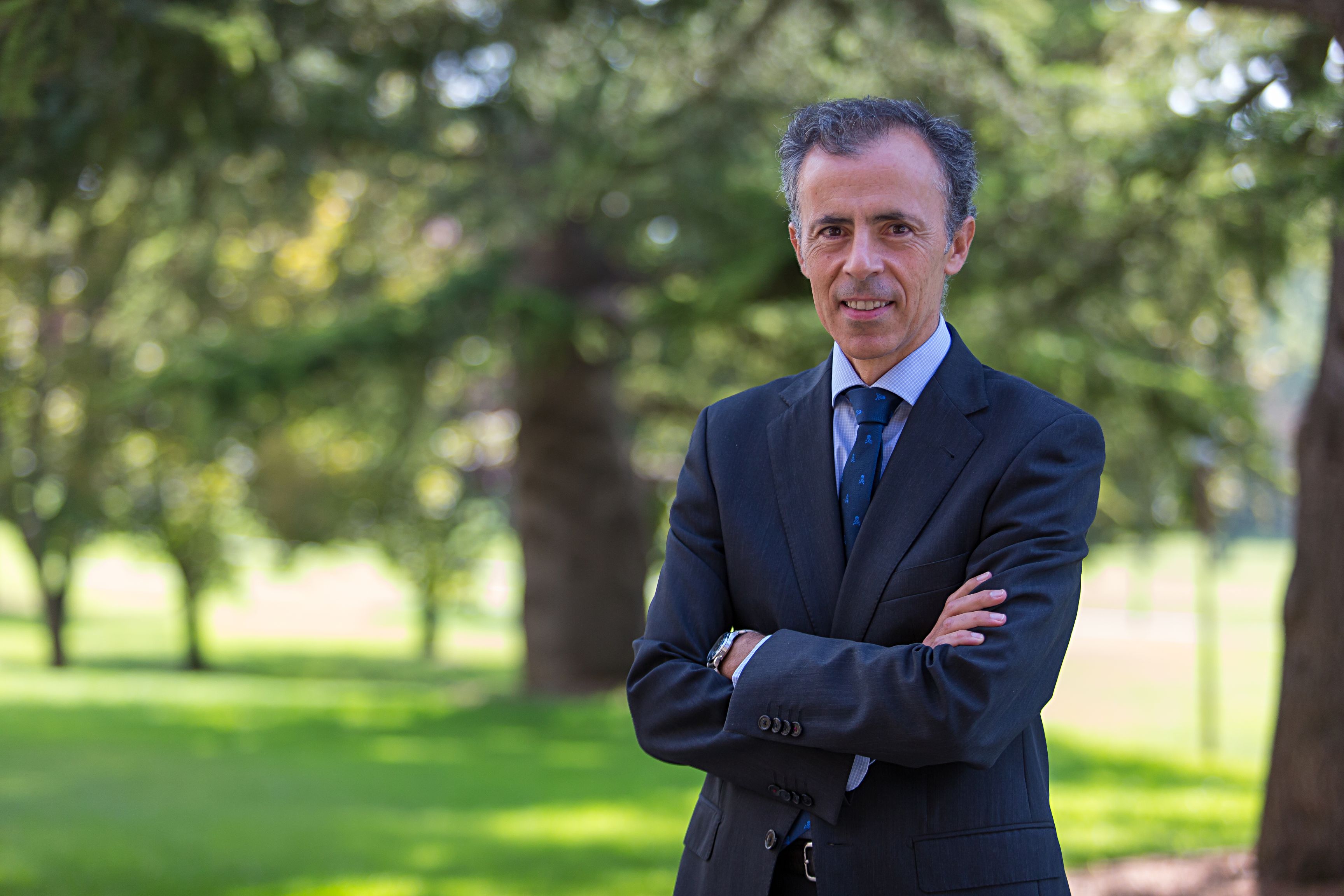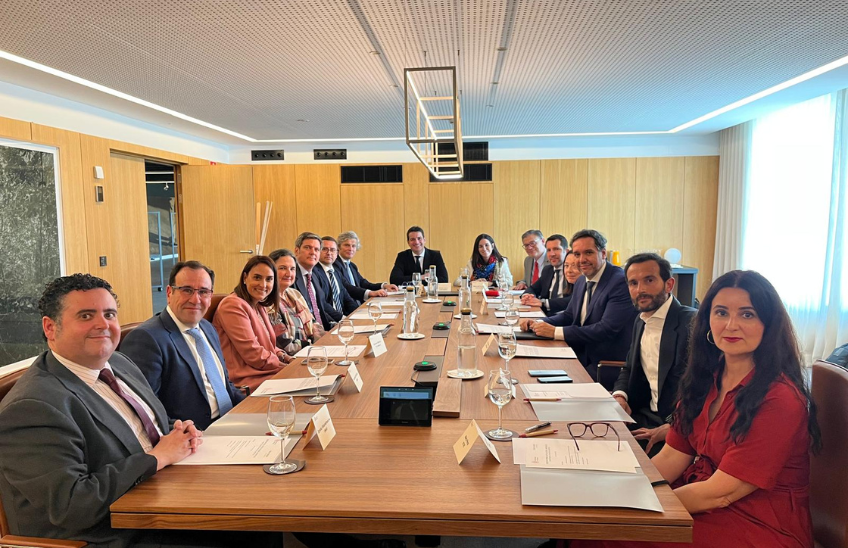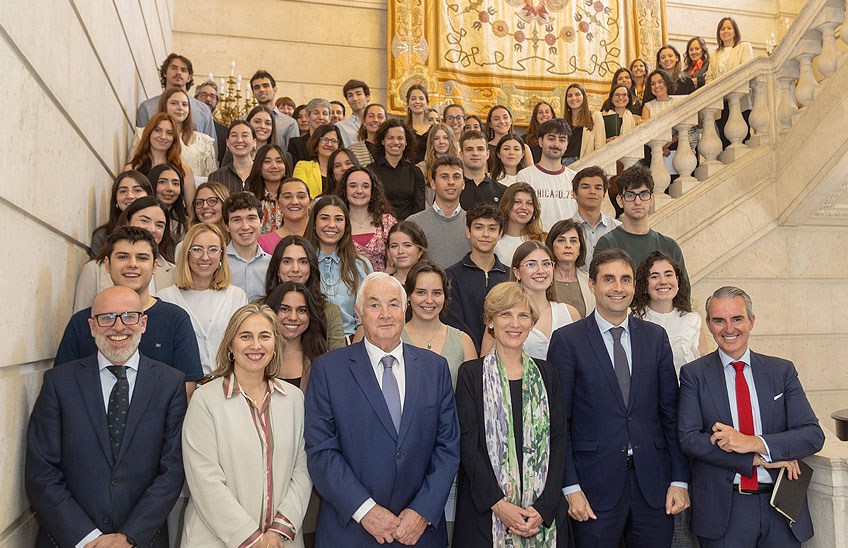"Our goalis to train legal professionals for the coming energy transition".

FotoManuelCastells/El Full Professor and director of the Renewable Energy Law program, Ángel Ruiz de Apodaca.
29 | 04 | 2022
The School de Derecho at partnershipwith the law firms Ontier, Herbert Smith and Toda & Nello are promoting the executive programme Renewable Energy Law. The course reinforces School's commitment to the continuous trainingof alumniand professionals and will start in September.
The program's director , Professor Ángel Ruiz de Apodaca, explains some of the objectives and keys to the course. In his opinion, society is facing the extensivedevelopment of clean energies, with a constantly changing and evolving legislation. The Full Professor warns of the lack and need for professional experts in the implementation of a renewable project : permits, authorizations, licenses, contracts development, financing, etc., and new trends in subject of renewables, its regulation and implementation.
What are the main objectives of the programme?
To train lawyers and advisors for companies in the renewable energy sector to gain in-depth knowledge of the regulation and all the legal implications related to the developmentof a projectin this field, not only its implementation but also its development, the necessary contracts, M&A operations... so that they have an updated and practical knowledgein the developmentof the business from an eminently legal perspective. In final, the aim is to train legal professionals for the coming energy transition.
What are the main challenges that the renewables sector will face in the short term deadlinesuch that professionals trained in subjectregulation, rules and regulationsand financing of these subjectprojects are needed?
The challengeof its extensive developmentand a constantly changing and evolving legislation. It is clear that the objectives set by the EU towards a carbon neutral society by 2050 or in the shorter term deadlineof a 55% reduction in emissions by 2030 entail a stronger commitment to renewable energies to the detriment of fossil fuels. This requires a stable legal framework framework. However, there are other challenges, such as harmonising developmentwith the environment and land-use planning, as in the case of wind farms and solar parks, which, as we know, are encountering difficulties from this point of view.
Who is this course for?
It is mainly aimed at practising lawyers with some experience, lawyers or advisors of small renewable energy companies who are faced with a complex legal system in constant evolution, with diverse contractual figures and with important issues related to litigation or taxation. The executive programme in Renewable Energy Law at the University of Navarra offers a complete and advanced vision of the transformation of the economic, legal and industrial uses of renewable energy sources model. Aimed at experts in renewable energy, whether from a business perspective or in terms of consultancy or financing of operations linked to renewable projects development.
What other features would you highlight about this programme?
Firstly, the faculty, made up of professionals specialized in the regulation of renewable energy projects from different firms and companies in the sector. Secondly, the program, which addresses a global vision of model transformation of the economic, legal and industrial uses of renewable energies.


